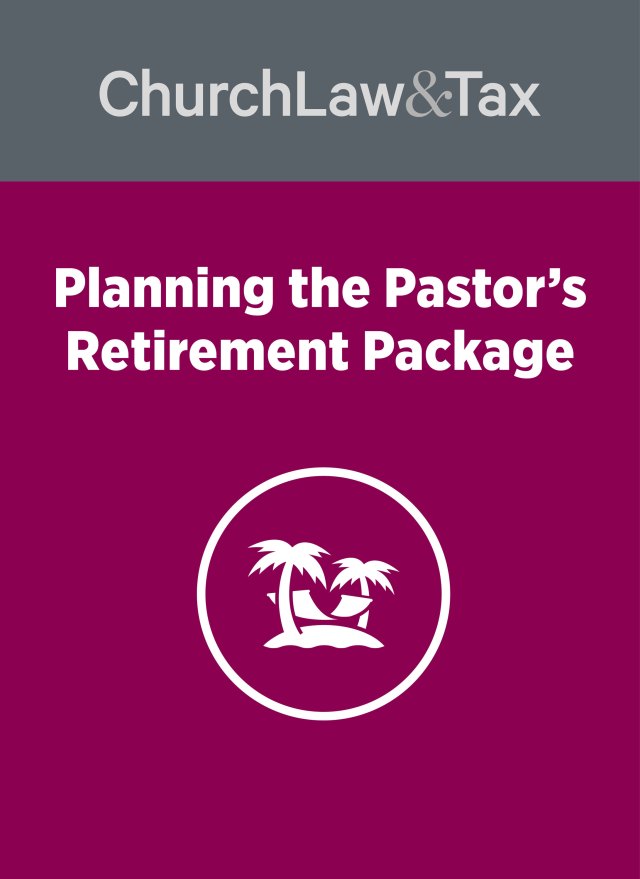If you retire at any time between age 62 and full retirement age, your benefits are reduced a fraction of a percent for each month before your full retirement age. The following examples show how your benefit will be reduced if you retire between age 62 and full retirement age.
If your full retirement age is 66 (persons born in 1943 to 1954) the reduction for starting your retirement benefits at 62 is about 25 percent. The reduction for starting benefits at age:
- 63 is about 20 percent;
- 64 is about 13 percent; and
- 65 is about 7 percent.
If your full retirement age is 67 (persons born in or after 1960) the reduction for starting your retirement benefits at 62 is about 30 percent. The reduction for starting benefits at age:
- 63 is about 25 percent;
- 64 is about 20 percent;
- 65 is about 13 percent; and
- 66 is about 7 percent.
To examine different retirement scenarios, check out the “Retirement Estimator” feature on the Social Security Administration website (socialsecurity.gov).
Also, note that persons younger than full retirement age may have their Social Security retirement benefits cut if they earn more than a specified amount. To illustrate, in the year you reach full retirement age, your monthly Social Security retirement benefits are reduced by $1 for every $3 you earn above a specified amount ($3,140 per month for 2011). No reduction in Social Security benefits occurs for income earned in the month full retirement age is attained (and all future months). Persons who begin receiving Social Security retirement benefits prior to the year in which they reach full retirement age will have their benefits reduced by $1 for every $2 of earned income in excess of a specified amount. For 2011 this annual amount is $14,160.


